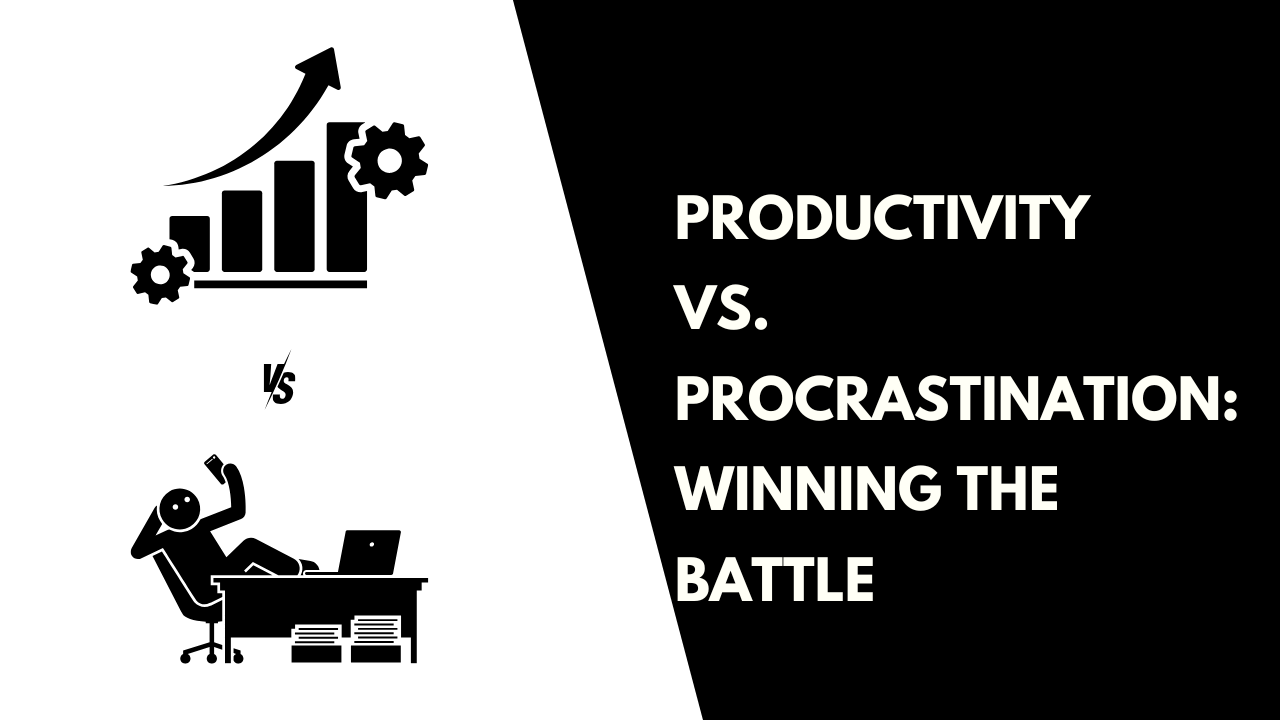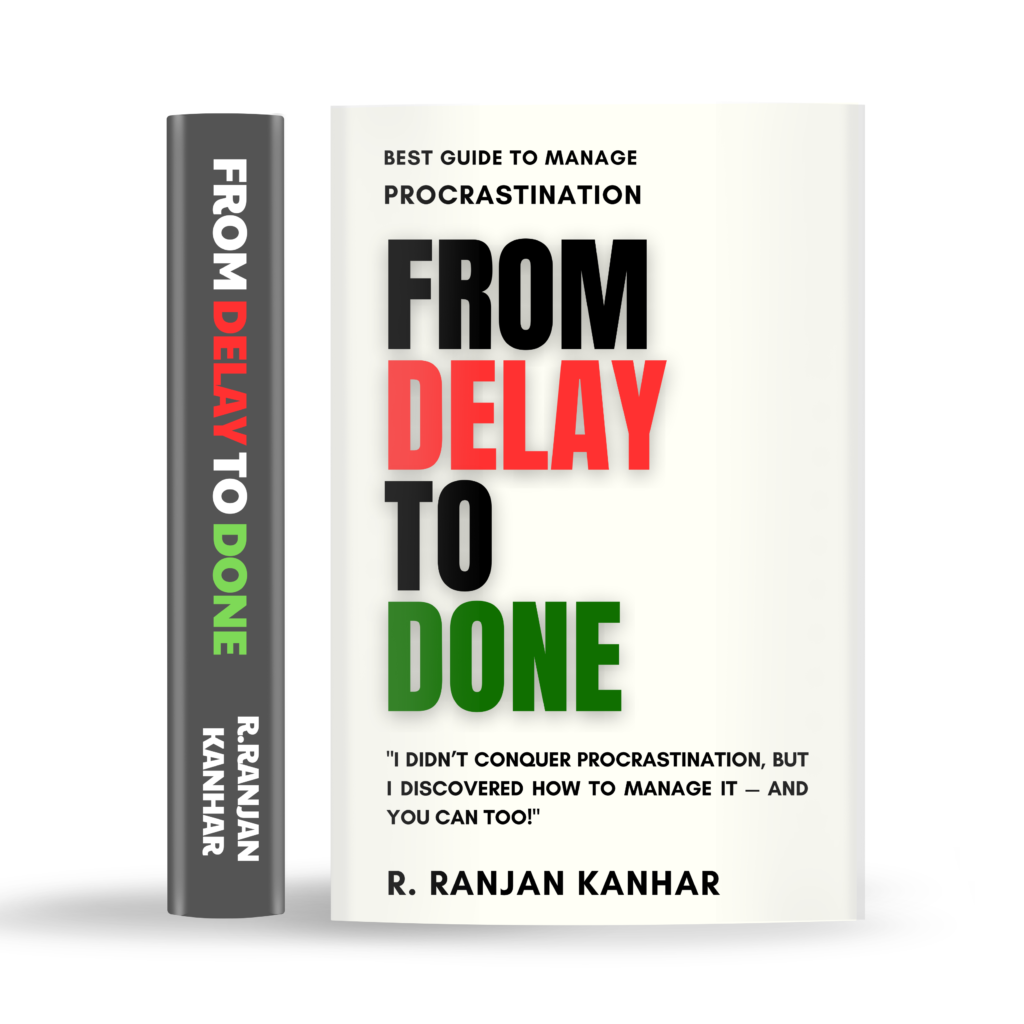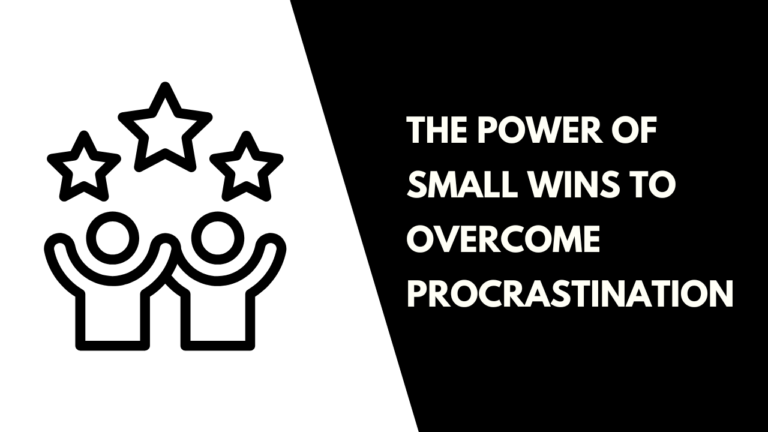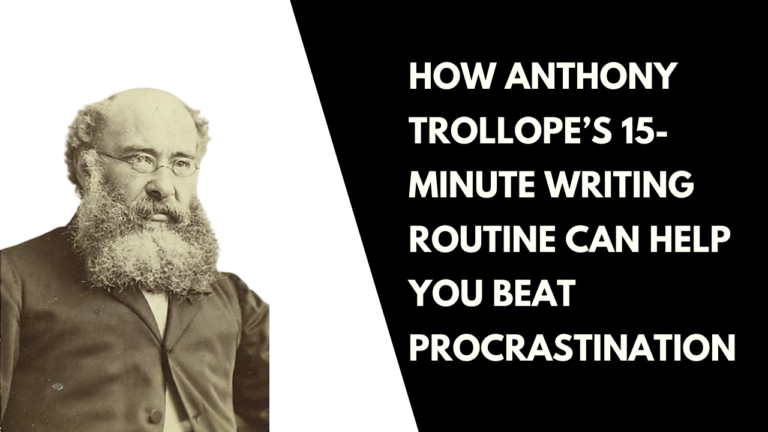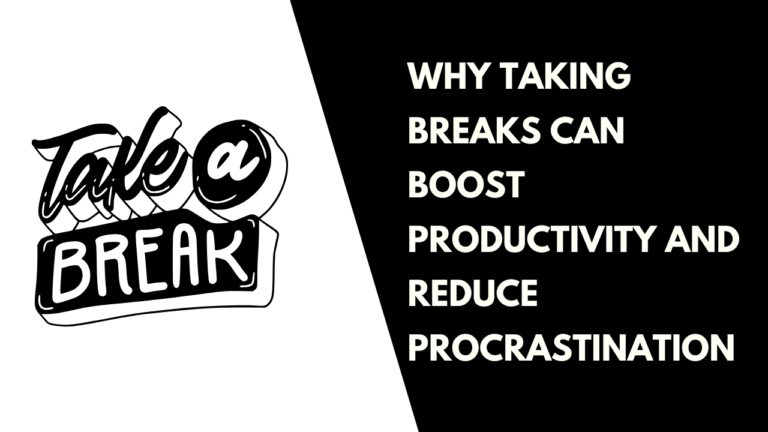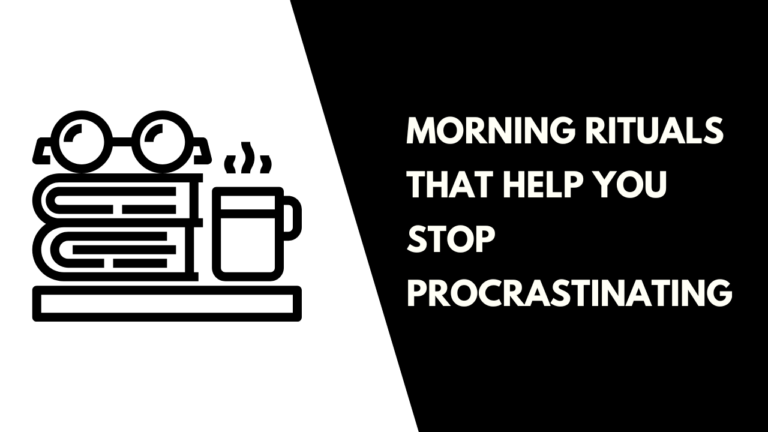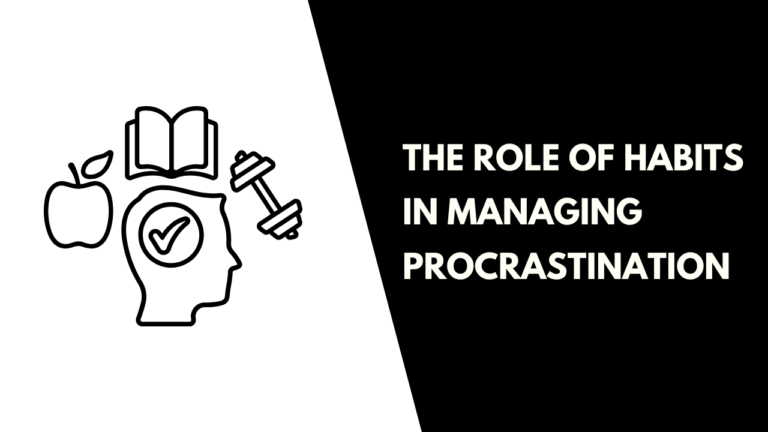Productivity vs. Procrastination: Winning the Battle
Productivity vs. Procrastination: Winning the Battle
Procrastination is a familiar companion to many of us. It shows up when we least need it, whispering excuses, tempting us with distractions, and robbing us of valuable time. On the other hand, productivity feels like the elusive prize—something we strive for but often find hard to sustain. In this blog, we will dive deep into the age-old battle of Productivity vs. Procrastination, explore what fuels procrastination, and uncover actionable strategies to tip the scales in favor of productivity.
Table of Contents
ToggleUnderstanding the Core of Procrastination
Procrastination is not just about laziness or lack of discipline. It’s often rooted in deeper psychological factors such as fear of failure, perfectionism, or even the overwhelming nature of tasks. Let’s take an example:
Example: Imagine you’re a student preparing for an important exam. You know the syllabus is vast and the stakes are high. Instead of starting early, you binge-watch your favorite TV show, convincing yourself that there’s still plenty of time. This delay doesn’t stem from laziness but from the anxiety and pressure of performing well.
The procrastinator’s mind works in loops of avoidance and guilt. The more you avoid the task, the more the guilt builds, creating a vicious cycle that further hampers productivity.
The Essence of Productivity
Productivity is about achieving desired results efficiently. It’s not about doing more but doing what truly matters. Productivity requires focus, clarity, and a sense of purpose.
Example: Picture a freelance writer juggling multiple projects. Instead of panicking, they prioritize their deadlines, break tasks into smaller chunks, and tackle each one systematically. By the end of the day, they’ve met their goals without feeling overwhelmed.
While productivity feels empowering, it doesn’t come naturally to everyone. Many of us have to train ourselves to overcome procrastination and cultivate productive habits.
Productivity vs. Procrastination: Why the Battle Exists
The tug-of-war between Productivity vs. Procrastination exists because both stem from the same finite resource—time. How we choose to spend our time determines whether we’re productive or procrastinating. The reasons for this battle are often tied to:
Lack of Clear Goals: Without a clear direction, it’s easy to drift into procrastination.
Fear of Failure: Avoiding tasks due to the fear of making mistakes or not meeting expectations.
Perfectionism: Delaying tasks because you want everything to be perfect.
Overwhelm: Feeling paralyzed by the sheer size or complexity of tasks.
Strategies to Win the Battle
Winning the battle of Productivity vs. Procrastination requires a mix of self-awareness, practical tools, and consistent habits. Here are some proven strategies:
1. Understand Your Procrastination Triggers
The first step is identifying what causes you to procrastinate. Is it fear, boredom, or a lack of clarity? Understanding your triggers allows you to address the root cause.
Example: During my college days, I often delayed starting projects until the last minute. I realized that my procrastination was rooted in the fear of not meeting high expectations. Once I acknowledged this, I focused on breaking tasks into smaller, less intimidating steps.
2. Break Tasks into Manageable Chunks
Overwhelm is a significant driver of procrastination. Breaking a large task into smaller, actionable steps makes it feel more achievable.
Actionable Insight: Instead of saying, “I need to finish this entire project today,” try, “I will complete the introduction and outline today.” This approach helps build momentum.
3. Use the Pomodoro Technique
The Pomodoro Technique involves working for 25 minutes followed by a 5-minute break. It’s a simple but effective way to maintain focus while avoiding burnout.
Example: An entrepreneur juggling meetings, emails, and strategic planning might use the Pomodoro Technique to dedicate focused time to each task. This ensures steady progress without feeling overwhelmed.
4. Prioritize with the Eisenhower Matrix
The Eisenhower Matrix divides tasks into four categories:
Urgent and important
Important but not urgent
Urgent but not important
Neither urgent nor important
Focus on tasks that are both urgent and important while delegating or scheduling others.
Example: If you have a looming deadline for a presentation (urgent and important), prioritize it over responding to non-urgent emails.
5. Leverage Accountability
Sharing your goals with someone you trust can motivate you to stay on track. Accountability partners or mentors can help you overcome procrastination by keeping you accountable.
Example: A friend and I once set weekly check-ins to share our progress on personal goals. Knowing I had to report my progress pushed me to act, even when I didn’t feel like it.
6. Celebrate Small Wins
Productivity is a journey, not a sprint. Acknowledging and celebrating small milestones keeps you motivated.
Actionable Insight: If you’ve completed half your to-do list by noon, reward yourself with a coffee break or a quick walk. These rewards reinforce positive behavior.
7. Adopt the 2-Minute Rule
If a task takes less than two minutes, do it immediately. This rule eliminates minor delays that can snowball into larger backlogs.
Example: Responding to a quick email or organizing your desk may seem trivial, but tackling these immediately reduces clutter—both physical and mental.
Real-Life Transformations: From Procrastinator to Productive
Let’s look at a relatable transformation story:
Riya’s Journey: Riya was a corporate employee who struggled with procrastination. Her inbox was always overflowing, and deadlines were her constant nemesis. After acknowledging her procrastination triggers, she started using productivity tools like Trello to organize her tasks and implemented the Pomodoro Technique. Gradually, she shifted from being reactive to proactive, meeting her goals without last-minute stress.
This shift didn’t happen overnight. It required consistent effort, self-reflection, and adopting productivity habits.
Tools to Boost Productivity
In the battle of Productivity vs. Procrastination, the right tools can be game-changers. Here are some popular ones:
Todoist: A task management app to organize and prioritize your to-do list.
Focus@Will: A music app designed to improve focus.
RescueTime: Tracks how you spend your time and helps identify distractions.
Notion: A versatile tool for project management, note-taking, and collaboration.
The Mindset Shift: Embrace Progress, Not Perfection
One of the most critical lessons in the Productivity vs. Procrastination battle is embracing progress over perfection. Perfectionism often paralyzes us, making it harder to start or complete tasks. Instead, focus on consistent progress.
Example: When writing my first book, I struggled with getting every word right. It slowed me down until I shifted my mindset to complete one chapter at a time, regardless of how imperfect it felt. Editing could always come later.
Final Thoughts
The battle between Productivity vs. Procrastination is one we all face. The key to winning lies in understanding your triggers, adopting practical strategies, and maintaining a growth mindset. Remember, productivity is not about being busy but about making meaningful progress toward your goals.
Take small, consistent steps today. Acknowledge your wins, learn from setbacks, and keep moving forward. With persistence and the right strategies, you can conquer procrastination and unlock your productive potential.
So, what are you waiting for? Start today and make productivity your ally in this ever-present battle!
“Stop postponing your dreams! From Delay to Done is your ultimate guide to conquering procrastination. Grab your copy today on Amazon!
